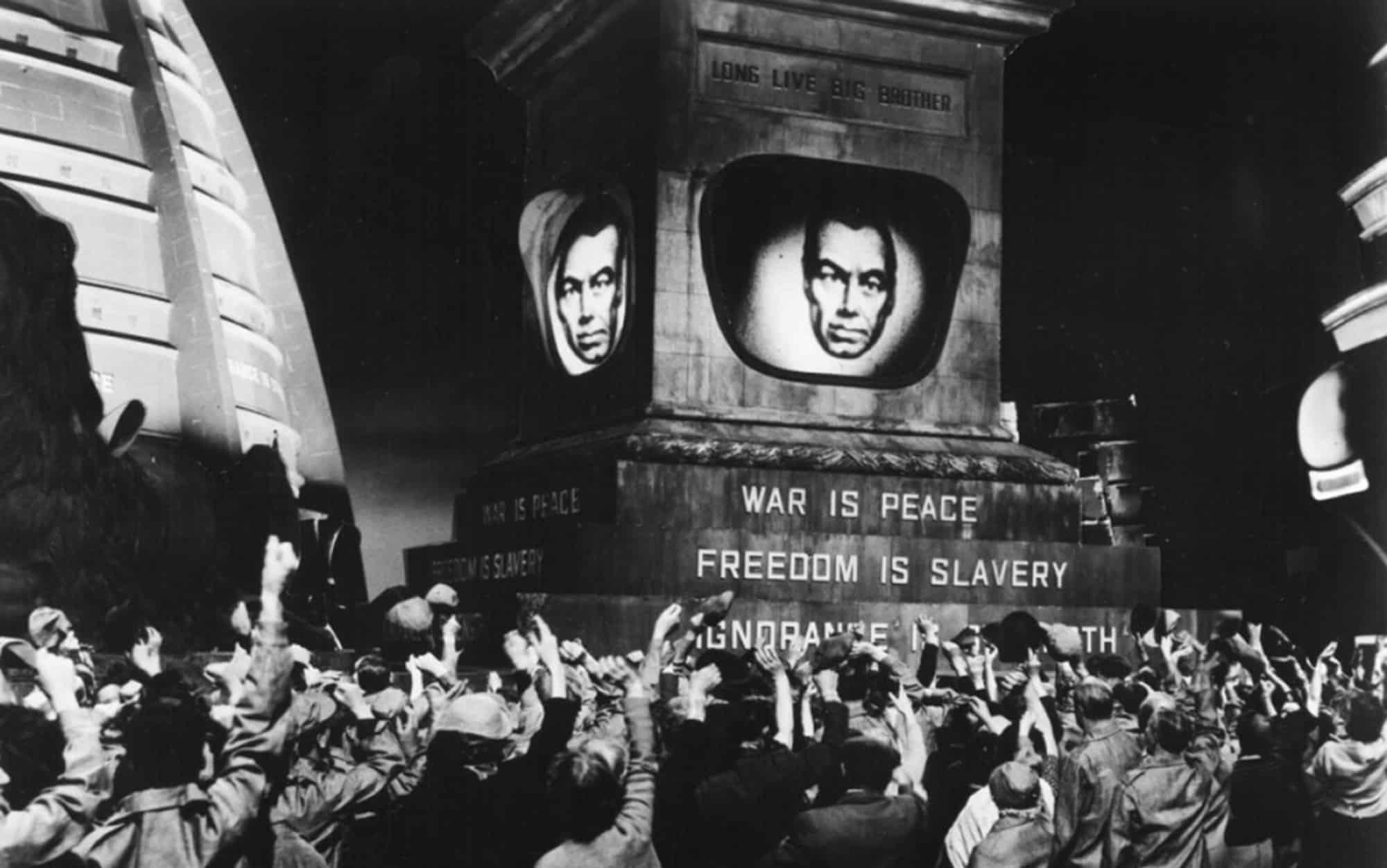Just last week, I finally got around with starting to read Crime and Punishment, Fyodr Dostoevsky’s famous novel about a Saint-Peterburg student’s murder of an old lady pawnbroker. The murderer and book’s main character, Rodion Raskolnikov, got the idea from a fellow student whom he overheard saying at a local eating establishment:
“On the one hand, you have a nasty, stupid, worthless, meaningless, sick old woman who’s no use to anyone. […] On the other hand, you have young fresh energies that are going to waste for want of backing. […] If one were to kill her and take her money, in order with its help to devote oneself to the service of all mankind and the common cause: what do you think—wouldn’t one petty little crime like that be atoned for by all those thousands of good deeds?”
This passage, written decades before Bolshevik rule in Russia, reminded me of the kneejerk reaction to the news that Elon Musk bought Twitter. Just like Raskolnikov and his student colleague, Musk’s detractors question the billionaire’s right to spend his money as he pleases. His money was better spent on worthier causes: “With that amount of money, you could end global poverty,” they exclaimed.
Such a brain-dead response reveals two rising trends in Western culture. First, like Raskolnikov, many people in the twenty-first century feel entitled to lay a claim on someone else’s money. In the public mindset, it is common to think that entrepreneurs add little to society and to believe that, like the pawnbroker in Dostoevsky’s novel, their wealth is illegitimate. How otherwise to explain increased public support for a wealth tax and the widespread practice of progressive taxation. When the government wastes trillions of other people’s dollars, that’s somehow not an issue. But when Musk invests his own money in a cause he considers important, that is simply unacceptable.
Of course, premeditated murder is normally not condoned in a civilized society even for the worthiest causes. Aside from wartime, this only happens when society grows too intolerant of its minorities, be they entrepreneurial capitalists as in the twentieth-century communist dictatorships, minority populations as in Nazi Germany, or political dissidents as in all authoritarian and totalitarian regimes.
It is precisely this intolerance that, like entitlement, is rapidly on the rise once again. Moreover, this intolerance has manifested itself more and more through social media censorship—virtual murder, if you will. As Glenn Greenwald pointed out during a talk at a joint event of the Mises and the Ron Paul Institutes in December 2021, however, the social media giants did not initiate this censorship drive themselves. In fact, he reminds us that twenty-first century internet companies sprang forward from a “Libertarian ethos,” a belief that the democratization of public opinion is healthy for society. Indeed, we should never lose sight of the fact that thanks to the internet, it has generally never been as easy to express and share your opinion with the world.
Conversely, in the long march of history it has perhaps never been so difficult for the powers that be to suppress dissent. But that has not stopped them from trying. Initially, however, they were not so successful. In spite of draconian violations of civil liberties and the persecution of whistleblowers during the Global War on Terror era, the emergence of social media and the blogosphere started to erode the power of the traditional media landscape.
According to Greenwald, the CEOs of the social media giants were in the beginning rather reluctant to give in to governmental demands around the world to suppress opinions that states did not like. Unlike the state, they had no secret desire to be the arbiters of truth. Censorship was not in their best interest, after all, as caving to the demands of one side of the political spectrum would always lead to outrage from the other side.
Yet, Brexit and the election of Donald Trump generated a pro-censorship movement ostensibly aimed at fighting “fake news” that was dominant enough so as to bring the social media companies into line. Gradually, resistance gave way to compliance as more and more voices were suppressed online. COVID-19 finally sent the censorship machine into overdrive, culminating in the climaxes of the suppression of the Hunter Biden laptop story, Twitter competitor Parler, and even the sitting president of the United States.
In 2022, “fighting disinformation” has become so normalized that the administration of Joe Biden last week proudly unveiled a new agency for this purpose inside the Department of Homeland Security, a governmental body that itself came into being twenty years ago under the guise of that other popular pretext from the previous decade—“fighting terrorism.” As the creation of the “Disinformation Governance Board” came just days after Twitter’s acceptance of Musk’s buying offer, the accusation that the U.S. government had created a full-scale Orwellian “ministry of truth” to combat free speech became an inevitable Twitter meme.
Jokes aside, in a sense the comparison with the Ministry of Truth from Nineteen Eighty-Four is not far-fetched. During the two world wars, Britain actually had a Ministry of Information responsible for wartime propaganda and controlling the flow of information. It is on that agency that Orwell’s Ministry of Truth was modeled. In 2020, however, American advocates of a new “ministry of truth”—yes, in those words—still judged the possibility of such an agency to be “unimaginable.” But here we are. After years of screaming from the rooftops that tech companies should do more to suppress inconvenient truths, the White House has now openly absorbed the “fourth branch of government” and will decide what is true and what is false.
Ultimately, however, I think Washington is fighting a losing battle. In the podcasting sphere, the Joe Rogan Experience already beats the biggest network talking shows by a factor of 3 to 11. After the exodus from cable TV, the streaming industry recently saw the failure of CNN+ and a first-time subscription decline of Netflix, which has fallen more and more to the demands of the woke Left. And in the media landscape at large, independent media platforms of all kinds are still popping up everywhere.
In the realm of social media, finally, numerous competitors to YouTube, Facebook, Instagram, and Twitter have emerged in recent years. Still, none of the alternatives that base their business model on free speech as an imperative have succeeded in overtaking the pro-censorship giants.
In Musk’s extraordinary move, however, the billionaire has captured one of these giants and, if he delivers on his promises, will remake Twitter into a “public square” based on the principles of free speech. Pure and simple, Musk’s bid is a master stroke of counter-economics, as hopefully the platform will under his directorship be liberated from the encroaching clutches of the state.
A couple of months back, Musk was asked about his advice to young people on the Lex Fridman Podcast. His answer was simple: try to create more than to consume. “Morally questionable” actions, he maintained, often spring forward from a subconscious zero-sum mindset: “if you believe that the pie is fixed, the only way to have more pie is to take someone else’s pie.”
In revolutionizing electronic cars and commercial space travel, Musk has demonstrated the fallacy of the zero-sum mentality. Now, he has invested the money he has earned in his endeavors “to increase the economic pie” to fight the same zero-sum mindset in the information space. Indeed, taking away other people’s voices in order to supposedly protect “the truth”—or “the science” in COVID-19 speak—is what censorship is all about. If, on the other hand, you believe in the free market of ideas, you trust that the freer the flow of information, the higher the chances that the truth will win out. That, in the end, is what Raskolnikov’s intellectual descendants are so afraid of.































